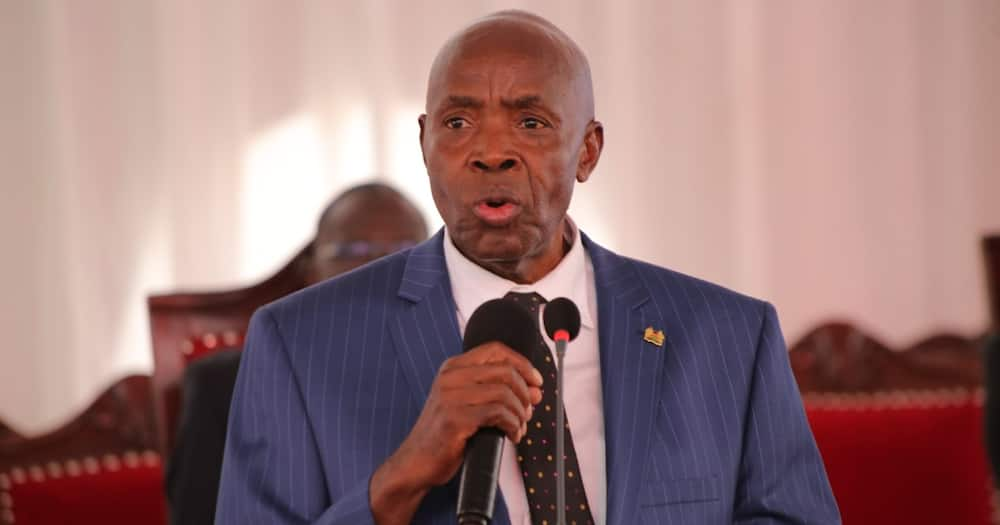Cs Machogu Assures School Principals No Fee Increase Despite Reduction In Capitation

Following recent reductions in capitation, secondary school principals in Kenya have been cautioned against adjusting school fees. The government has acknowledged its inability to sustain the previously promised KSh 22,244 per learner per year, now reducing it to KSh 17,000.
Education Cabinet Secretary Ezekiel Machogu emphasized the importance of adherence to existing policies and guidelines set by the Ministry of Education regarding school fees. He specifically addressed concerns about illegal levies, urging strict compliance with ministry directives to maintain transparency and fairness in financial practices within schools.
Principals’ Concerns and Proposals
Secondary school heads recently proposed fee increases from KSh 53,000 to KSh 69,000 for national schools, citing inflation and the rising cost of living. Willy Kuria, National Chairman of the Kenya Secondary Schools Heads Association, noted that current fees were inadequate to effectively manage national schools.
Kuria highlighted previous requests by the association for fee hikes up to KSh 69,000, emphasizing the need for a comprehensive review of the school fees and capitation system to ensure sustainability and quality education delivery.
Government’s Stipulated Fees and Ban on Illegal Levies
Despite these proposals, CS Machogu reiterated that the government had already set maximum allowable fees for each school level and strictly prohibited the collection of illegal levies from students and parents.
He underscored the ministry’s commitment to enforcing regulations that safeguard against unauthorized financial burdens on families, including ensuring the timely issuance of Kenya National Examination Council (KNEC) certificates regardless of fee disputes.
Policy and Legal Framework for Education
CS Machogu assured stakeholders of ongoing efforts to establish a robust policy and legal framework that enhances the efficiency and effectiveness of the education sector.
He highlighted upcoming legislative initiatives, including a draft Sessional Paper and 13 Bills aimed at implementing recommendations for educational reforms. These initiatives represent a significant overhaul of the sector’s legal and policy framework, aimed at improving educational outcomes and supporting sustainable development.
Preparing for KCSE and Examination Reforms
Looking ahead, CS Machogu urged principals to diligently prepare KCSE candidates for upcoming national examinations. He commended recent reforms in the examination marking system, noting improvements in the percentage of candidates meeting university entry requirements.
Machogu emphasized the positive impact of these reforms, highlighting an increase from 19% to 22% in candidates meeting minimum university entry standards, demonstrating ongoing efforts to raise educational standards and opportunities for students.
